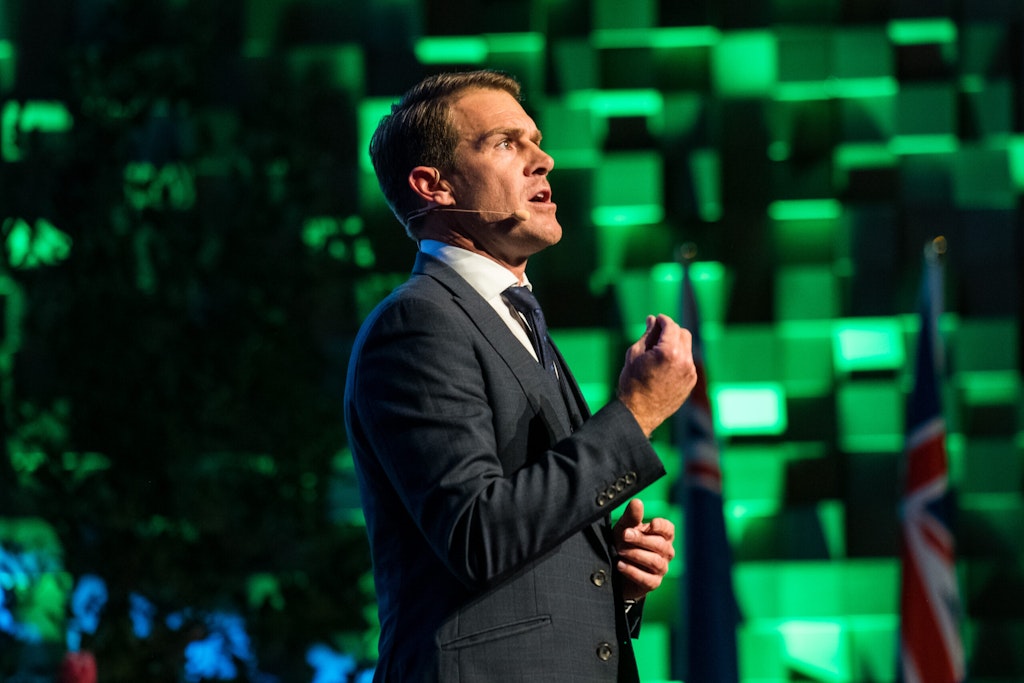Mastering behaviour & communication: Expert tips for leaders from Anthony Laye
Last updated on 12 August 2025

Leadership in aged care is as much about emotional intelligence as it is about operational expertise. The pressures of the sector — from regulatory changes to workforce shortages — mean leaders must be adept at reading people, fostering engagement, and handling sensitive conversations with care. Behavioural and body language expert Anthony Laye shared with Hello Leaders his practical strategies for doing just that.
Recognising the signs of stress
Aged care work is emotionally and physically demanding, and stress can creep in quietly. Laye says the key is spotting changes in behaviour: the once-energetic team member who has grown quiet, a normally upbeat colleague whose voice has lost its spark, or a staff member withdrawing from meetings and making uncharacteristic mistakes. Even forced cheerfulness can mask deeper fatigue.
Instead of the standard “How’s it going?”, Laye suggests leaders ask open-ended questions that invite real answers: “What’s feeling most challenging for you right now?” or “If there was one thing that would make your day easier, what would it be?” These prompts can uncover pressures before they escalate into burnout.
Recognition as a retention tool
While pay matters, Laye argues that genuine appreciation often plays a bigger role in keeping staff motivated. His “name and notice” technique turns generic praise into something meaningful: “Sarah, the way you comforted Mrs Taylor today was beautiful. You made her feel really safe.”
Small acts of recognition — a smile, a nod, or public acknowledgment — can transform morale. And when staff suggestions lead to change, leaders should say so. The simple phrase “You said, we did” validates contributions and builds a sense of ownership, what Laye calls the “IKEA effect”: people value what they’ve helped create.
Facing hard conversations with empathy
In any workplace, difficult conversations are inevitable. Laye warns against entering them as battles of right and wrong. Instead, focus on resolution using his NUT principle — Name, Understand, Transform. First, name the emotion: let the person express themselves fully before responding. Then, understand and validate their perspective, reflecting their language back to them. Finally, transform the discussion with a forward-looking question: “What needs to happen for us to move forward today?”
Listening beyond words
In residents and staff alike, body language can reveal what words don’t. Laye cautions against jumping to conclusions based on a single cue. Instead, look for patterns — repeated fidgeting, avoiding eye contact, sudden irritability — and consider the wider context before acting.
One question to change the tone
Laye’s parting advice is deceptively simple: before each interaction, ask yourself, “How should I be turning up?” It’s a small mental reset that can help leaders stay present, intentional, and focused on making each exchange meaningful.
By tuning into people, recognising their contributions, and approaching challenges with empathy, leaders can build workplaces where staff feel supported and residents thrive — even in the most demanding of times.
Originally published in Hello Leaders winter print edition. Read the full article here or contact us on [email protected] to order your print copy.